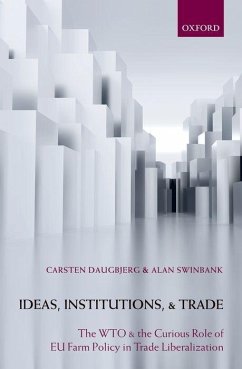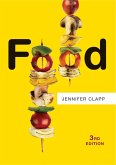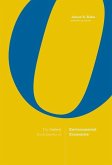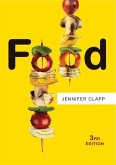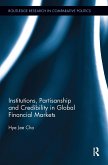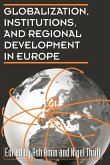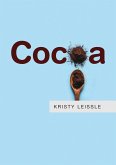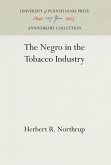It has always proved difficult to achieve trade liberalization for agricultural products.This book shows how a new Agriculture Agreement in the WTO led to CAP reform, which in turn allowed for greater flexibility in subsequent international trade negotiations.
Agriculture has a small, and declining, importance in employment and income generation within the EU, but a political importance well beyond its economic impact. The EU's common agricultural policy (CAP) has often been the source of conflict between the EU and its trade partners within first the GATT, and then the WTO. In the Doha Round agriculture was again a sticking point, resulting in setbacks and delays. The position of the EU is pivotal. Due to the comparatively limited
competitiveness of the EU's agricultural sector, and the EU's institutionally constrained ability to undertake CAP reform, the CAP sets limits for agricultural trade liberalization blocking progress across the full compass of the WTO agenda. Therefore, the farm trade negotiation, with the CAP at its core,
is the key to understanding the dynamics of trade rounds in the WTO. The book, written by a political scientist and an agricultural economist, applies theory on ideas to explain how the agricultural sector came to be included in the Single Undertaking that resulted in the Uruguay Round agreements, and how this led to a dynamic interplay between CAP reform and the possibility of further agricultural trade liberalization within the WTO, thereby providing useful insights into international trade
relations.
Agriculture has a small, and declining, importance in employment and income generation within the EU, but a political importance well beyond its economic impact. The EU's common agricultural policy (CAP) has often been the source of conflict between the EU and its trade partners within first the GATT, and then the WTO. In the Doha Round agriculture was again a sticking point, resulting in setbacks and delays. The position of the EU is pivotal. Due to the comparatively limited
competitiveness of the EU's agricultural sector, and the EU's institutionally constrained ability to undertake CAP reform, the CAP sets limits for agricultural trade liberalization blocking progress across the full compass of the WTO agenda. Therefore, the farm trade negotiation, with the CAP at its core,
is the key to understanding the dynamics of trade rounds in the WTO. The book, written by a political scientist and an agricultural economist, applies theory on ideas to explain how the agricultural sector came to be included in the Single Undertaking that resulted in the Uruguay Round agreements, and how this led to a dynamic interplay between CAP reform and the possibility of further agricultural trade liberalization within the WTO, thereby providing useful insights into international trade
relations.

